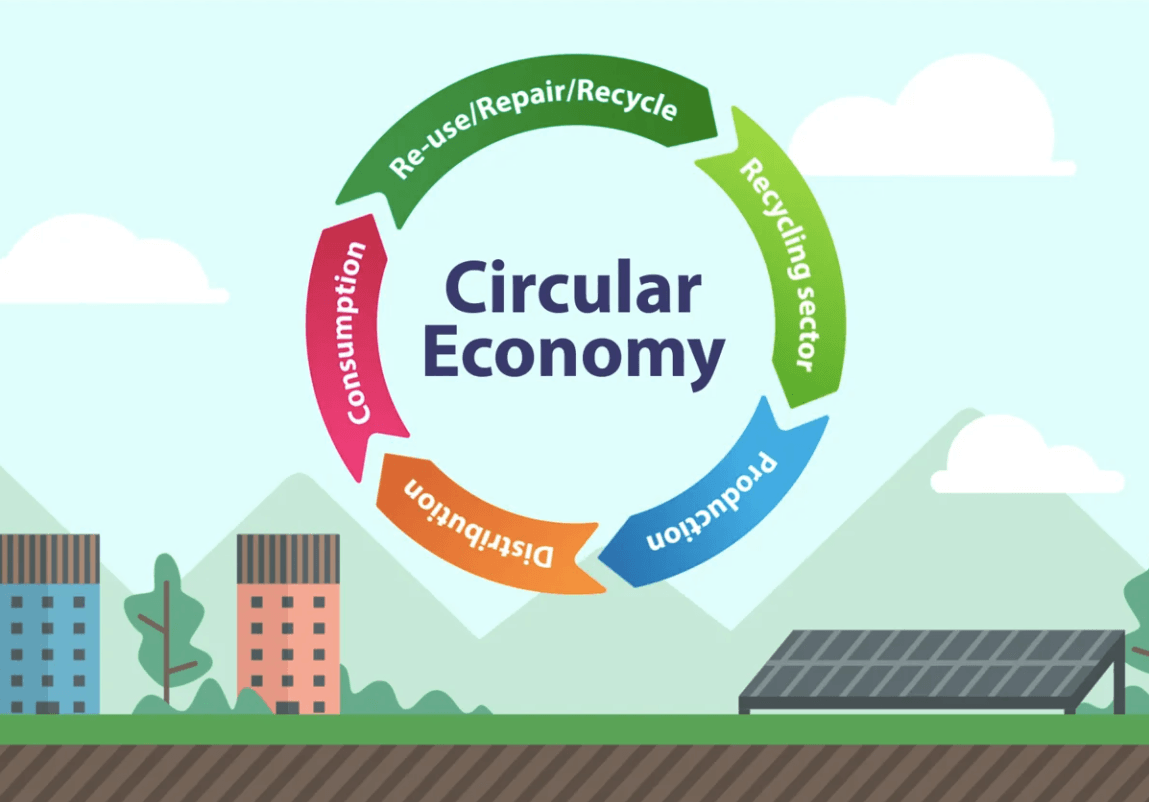G7 Progress or Talking Shop?
What did we learn from the G7?

After a long weekend in Cornwall what did we learn from the G7 meeting in terms of measures to meet climate change? The dust has now settled and the official communique has been released.
The Green Marshall Plan?
The G7 committed to the introduction of mandatory climate change reporting in line with the recommendations of the global Taskforce on Climate-related Financial Disclosures.
What was missing was discussion over a detailed package to provide support for other less developed nations to meet their climate targets. Instead, the G7 merely acknowleged a $100bn pa commitment to support and extended this further to 2025.
Whilst at face value this sounds incredibly impressive, research suggests that G7 governments were failing to deliver on the longstanding $100bn pledge.
Oxfam estimates the G7’s current commitments would deliver $36bn by 2025, of which less than $10bn would be for projects and initiatives on climate adaptation.
The G7 agreed on a new “Build Back Better for the World” scheme that has been likened to a climate version of America’s post-war Marshall Plan. How this is going to work in practice has yet to be seen.
So perhaps a more detailed Green Marshall plan is on ice until COP 26 in Glasgow.
Net Zero
The formalisation of the commitments made in Joe Biden's two day conference on climate was achieved. The countries also committed to major movement on restricting support for the coal industry and the need to work to phase out this form of energy. This was particularly tough for the Japanese who still generate 31% of their energy from coal. Notably Japan is second to China in the use of coal as an energy source and China were not represented at the G7.
The UK and other G7 countries have been criticised for not having the detail behind these net zero commitments. That said the official communique highlighted that these plans may well be publicicsed prior to COP 26 in November.
“We commit to submitting long-term strategies that set out concrete pathways to net-zero greenhouse emissions by 2050 as soon as possible, making utmost efforts to do so by COP26,” the communique states.
Hope for Biodiversity?
The linkage between climate change and the loss of biodiversity has been made.
The G7 noted the importance of linking discussions set to take place at COP26 with the themes and findings of the impending Convention on Biological Diversity (CBD) summit.
Furthermore, the G7 formally agreed to a shared G7 Nature Compact. The Compat ties into key biodiversity-related works, including CBD discussions and the Dasgupta Review. It notably commits nations to supporting the target to conserve or protect at least 30% of global land and at least 30% of the global ocean by the end of the decade.
In addition, the G7 has also committed to “strengthen their deployment and implementation” of nature-based solutions (NbS), recognising that they can deliver “significant multiple benefits for climate mitigation and adaptation, biodiversity, and people and thereby contributing to the achievement of various Sustainable Development Goals (SDGs)”.
The G7 whilst linking the discussions of biodiversity with the need to cut emissions, prioirtised the decarbonisation of the atmosphere.
What about other climate issues?
Whilst the progress on the above issues was constructive there remain some real big problems.
The larget of which is how to get China involved in the challenge? Amittedly, they did partake in the Biden conference earlier this year so have made some pledges. Their role at COP 26 will be pivotal if we are to tackle this challenge.
The G7 also made some commitments on supporting the UN SDG's without supporting these commitments with detailed proposals. Whilst this was disappointing COP 26 seems a better arena for such a discussion with its wider representatioon.
Going in to the summit some people were optimistic about detailed action plans on transport emissions. Whilst a general commitment that the G7 would “intensify efforts in enhancing the offer of more sustainable transport modes”, including encouraging phase-out of traditional passenger vehicles in favour of electric vehicles (EVs) before 2040, there were no such detailed plans for the aviation and maritime sectors.










